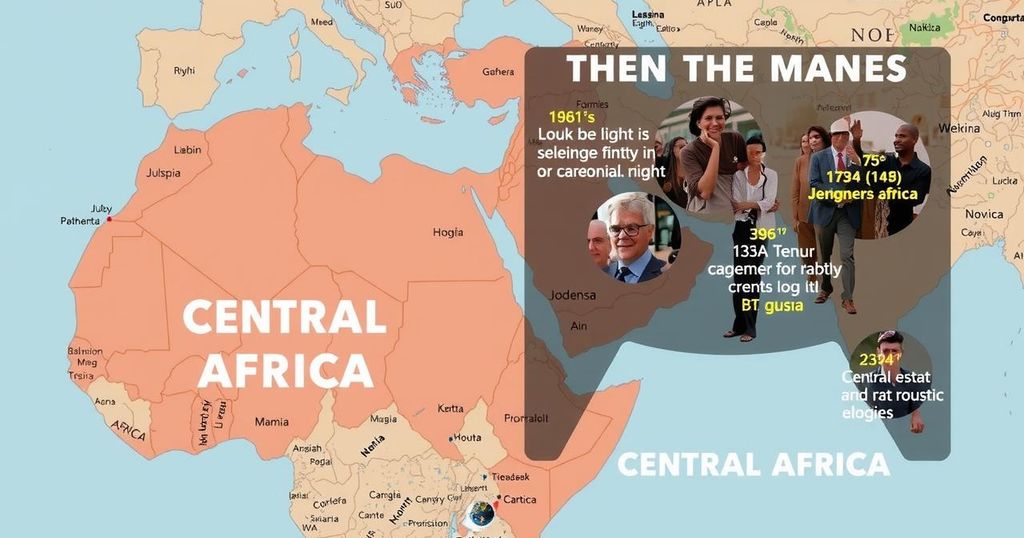This article addresses three critical human rights developments: the targeting of Alawites in Syria, the sharp rise in executions in Iran, and the passage of a protective law for human rights defenders in the Central African Republic. The UN has issued warnings and calls for accountability amidst these challenges.
The United Nations Human Rights Office (OHCHR) has raised concerns over the targeted killings of Alawites and minority groups in Syria, urging restraint among the authorities. Reports of executions in Iran have also drawn international condemnation, with at least 901 executions reported in 2024. Meanwhile, the Central African Republic has adopted significant legislation aimed at protecting human rights defenders, representing a notable advancement in civic freedoms. This article highlights these critical human rights issues across different global regions.
The situation in Syria remains volatile following the recent overthrow of the Assad regime, leading to rising tensions and violence against minority groups. The UN has emphasized the importance of upholding international humanitarian and human rights laws during this tumultuous period. Concurrently, Iran’s alarming rate of executions—primarily for drug-related offenses—calls into question the country’s commitment to human rights, particularly following the protests sparked by the death of Mahsa Amini. Conversely, the Central African Republic’s new law enhancing protections for human rights defenders marks a significant step toward safeguarding freedoms and promoting democratic governance within the nation.
In summary, the alarming rise in targeted killings and executions in Syria and Iran respectively highlights the pressing need for adherence to human rights laws globally. The Central African Republic’s progressive legislation underscores a positive development in the protection of civic rights. These issues reflect the complexities surrounding human rights enforcement and the imperative for international accountability and protection mechanisms to be upheld in varying regional contexts.
Original Source: news.un.org






